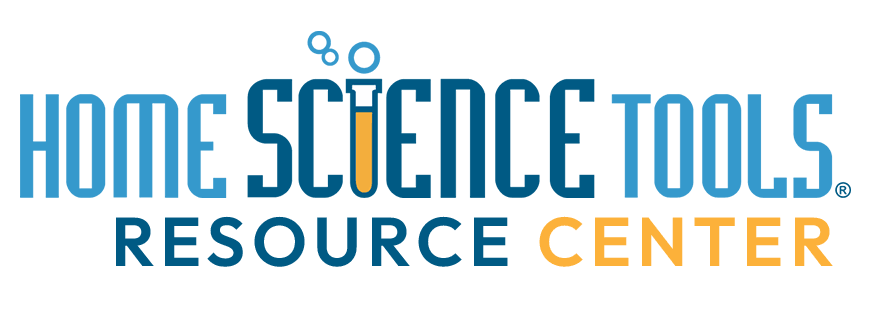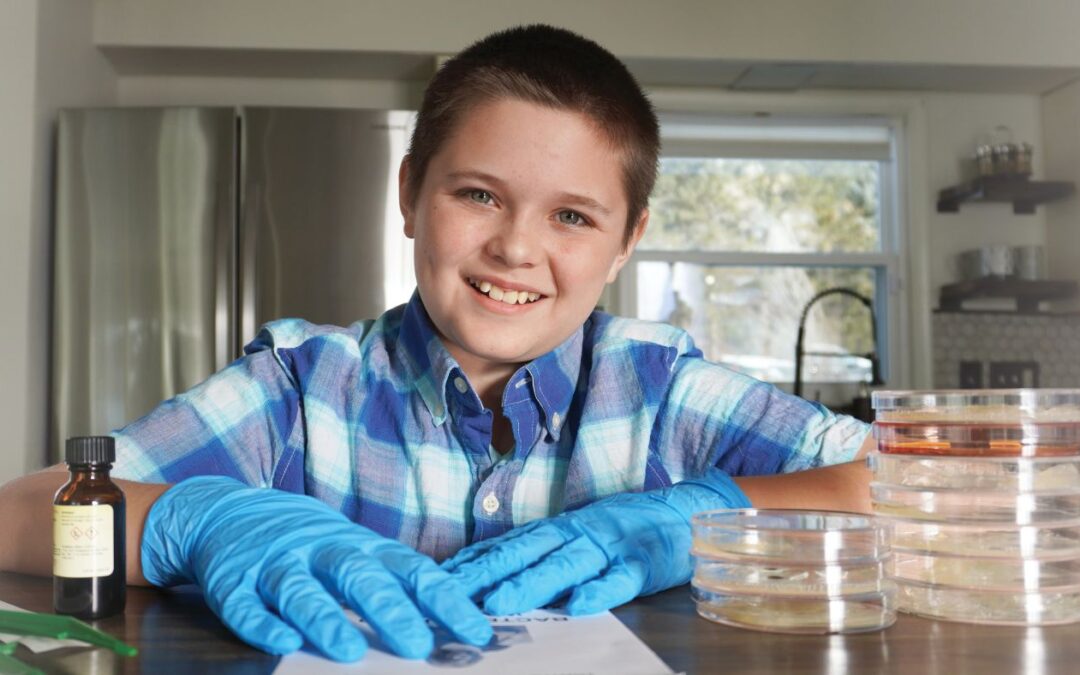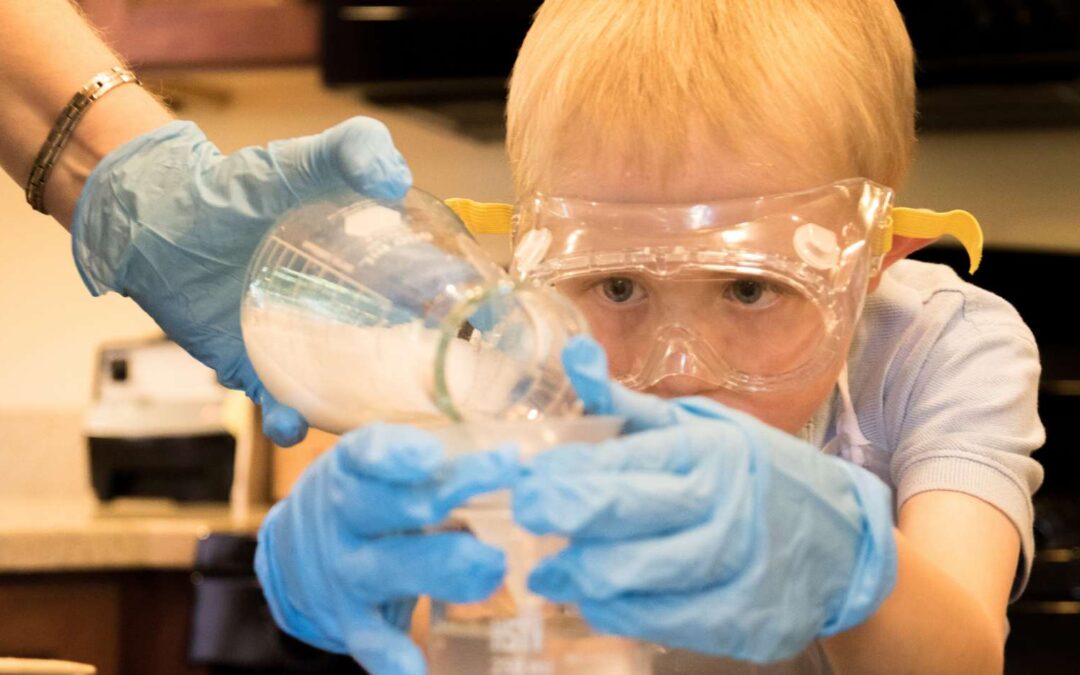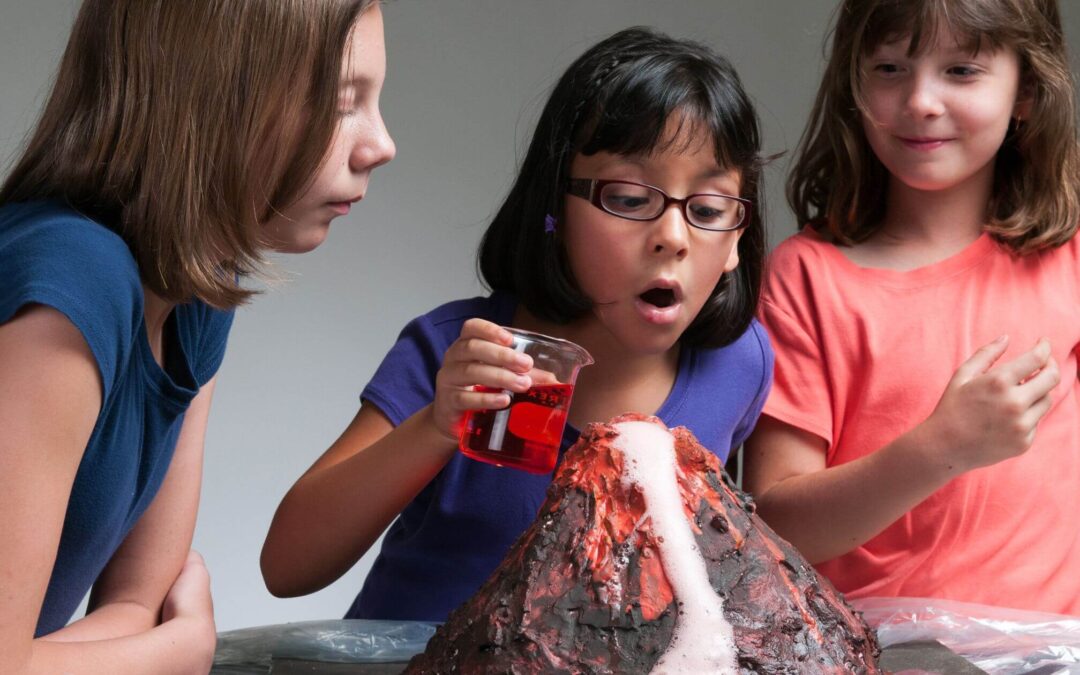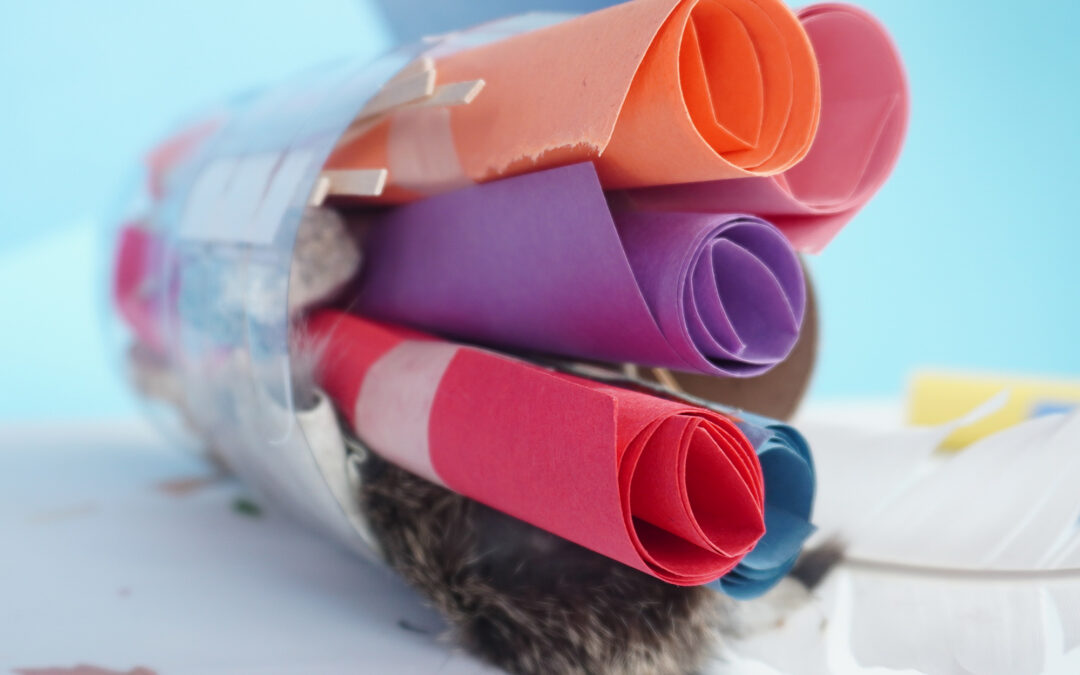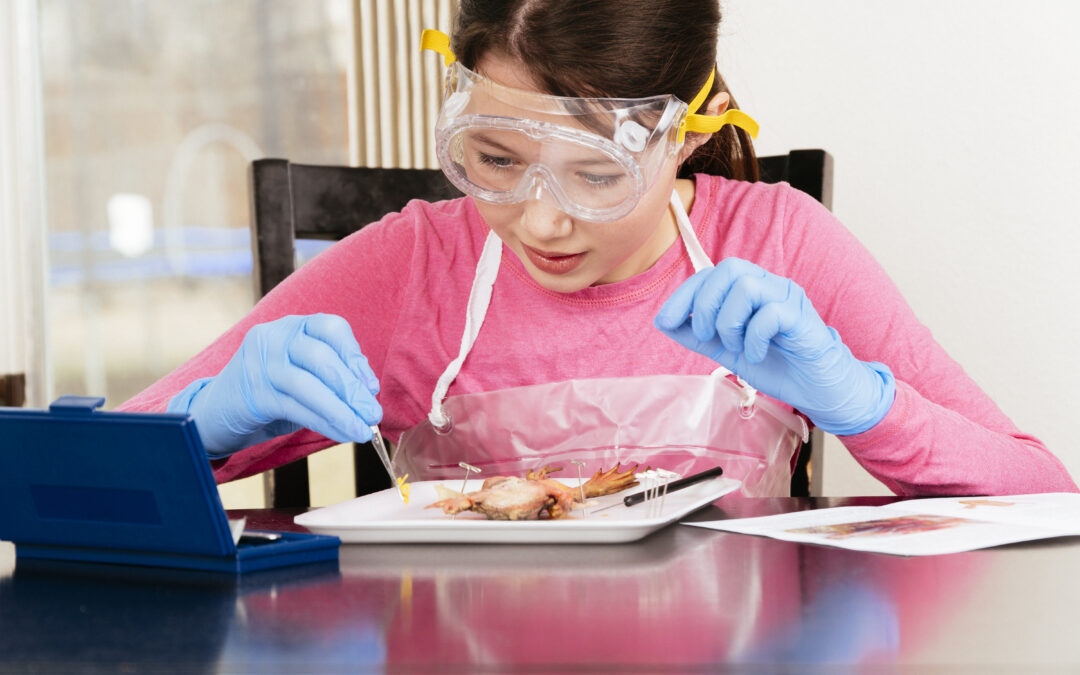Part of the reason that people can speak is because of the unique design of our vocal cords, folds of ligament in the larynx, or voice box, in the throat. When we produce sounds, special muscles stretch the vocal cords (also called vocal folds) so that they open or close. When air passes through partially closed vocal cords, they vibrate and form ‘voiced’ sounds. Some sounds are made with no vibration; linguists call them ‘voiceless’ sounds. Try to tell the difference between the following voiced/voiceless pairs: hold your hands over your ears and see which one you feel/hear a vibration on—[d] and [t]; [v] and [f]; [z] and [s].
You can use a balloon to demonstrate how your vocal cords work. Inflate the balloon and then hold onto the sides of the neck end of the balloon. Stretch the neck gently so that the air is slowly released. You can experiment by moving the neck in and out (stretching and loosening it) to see what different kinds of sounds the ‘vocal cords’ make as more or less air rushes against them.
We can control the loudness of our voices by modulating how much air goes through the vocal cords in the larynx. A voice’s pitch changes with the length of the vocal cords, which is why voices deepen from child to adult, and why our voices get higher when we are tense. The tone or quality of our voice is the result of air vibrating in the chambers of our chest and head cavities. This is called resonance.
Articulation is speech, which we use our tongue, lips, pharynx (the narrow cavity between the tongue’s root and the back of the throat), larynx, palate (the roof of the mouth), and teeth for. Observe how your tongue, lips, teeth, and palate work together to make different sounds: Where is your tongue positioned in your mouth when you make the long [a] sound, as in ‘baby’? How does your mouth change when you make the [p] sound as in ‘Paul’ or [d] as in ‘David’? What about if you say each individual part (called a phone) of the word ‘toggle’?
